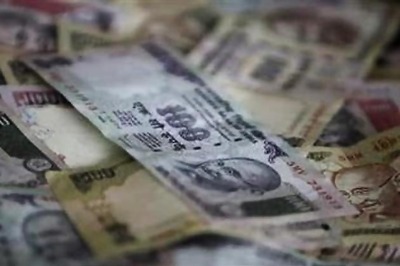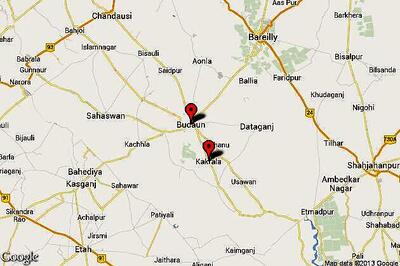
views
New Delhi: IT and telecom hardware makers expect the government to extend differential duty structure on mobile phones for 10 years while bringing personal computers under the regime to give a boost to domestic manufacturing.
The government in the last budget announced differential excise duty structure for mobile handsets, which gave domestic manufacturers cost benefit of about 11 % over imported phones.
"Duty structure on mobile handsets and tablets should be continued for another 10 years. Similar duty structure may be introduced on parts, components and accessories of mobile handsets and tablets," Indian Cellular Association National President Pankaj Mohindroo told PTI.
Mohindroo is also Chairman of Fast Track Task Force - a joint body between industry and government, to promote manufacturing of mobile devices in India. The panel has set to achieve manufacturing target of 500 million handsets and generation of 15 lakh jobs by 2019.
PC makers like Dell, Lenovo and Intel have also sought extension of similar duty structure to encourage manufacturing of the products in the country.
"Several IT hardware players have their manufacturing facilities in India that are currently under-utilized due to weak demand. The suggested duty differential will spur the domestic consumption leading to increased production, thereby boosting manufacturing by these players," Intel South Asia
Director Marketing and Market Development Sandeep Aurora said. Lenovo India Director for Integrated Operations Vinod K Srivastava said that he hopes that the government rationalises the tax structure to promote manufacturing of desktops and notebooks, as has already been done for tablets and mobile phones.
The Manufacturers' Association for Information Technology (MAIT) and the ICA have also sought government to come up with tax structure that promotes manufacturing of components used for PCs and mobile devices in the country.
"There is no availability of components, we still rely on China. All the top chip vendors and the semiconductor vendors or component vendors should be permitted to create a component hub in the country. Government can create free economic zones.
"Import and storage of goods should be allowed in these zones without custom transfer pricing lot. The transfer price should be applicable at goods which are sold from the component trading hub not when they are brought as stock," MAIT Vice President Nitin Kunkolienkar said.
As per a MAIT study, measures of the Union Budget 2016-17 to boost production of personal computers in India can potentially generate 4,00,000 jobs in the Indian IT manufacturing sector if estimated demand for 30 million PCs per annum is fulfilled entirely through domestic production over the next five years.
In the last Budget, the government announced excise duty structure for mobile handsets at 1 per cent without Cenvat credit, or 12.5 % with Cenvat credit.
Under the duty structure, imported goods attract 12.5 % duty. However domestic manufacturers are required to pay
1 % duty if they do not avail CENVAT (Central Value Added Tax) credit on taxes paid on inputs. The duty structure led to over 90 % jump in manufacturing of smartphones in India.
The world's biggest contract manufacturer Foxconn led the investment followed by Optiemus Wistron joint venture and mobile handset companies like Gionee, Xiaomi, Lava, Karbonn, HTC, Datawind, started production of their handsets locally.
Mobile phone companies are likely to invest up to Rs 650 crore by March and production of handsets in value terms is expected to cross Rs 40,000 crore by the end of current fiscal.
As per the Indian Cellular Association, the production of mobile phones in India during current financial year is expected to cross Rs 40,000 crore compared to the production of Rs 18,900 crore during 2014-15.
Besides this, over 30,000 new jobs have already been generated in this industry during the past 7-8 months and an additional 8,000-10,000 jobs are expected to be generated by the end of current fiscal.




















Comments
0 comment